USMCGRUNT
Member
Hello all,
I was looking for some pros/cons of going tankless. I’m in the SE quadrant of PA and looked some years ago about going tankless and never pulled the trigger. I see they have come a long ways on the electric side.
I have an upgraded 200 amp panel and (2) pole 30 amps on 10 gauge going to my 50 gallon water heater now. I also have a 100 amp sub panel close I can tap into.
I have a finished basement and hate thinking every 5-8 years if the 50 gallons is going to let go. I only have a couple people in a 2000 sqft home so that shouldn’t be an issue.
Any recommendations on brands as well as pros and cons would be appreciated! Thanks!
I was looking for some pros/cons of going tankless. I’m in the SE quadrant of PA and looked some years ago about going tankless and never pulled the trigger. I see they have come a long ways on the electric side.
I have an upgraded 200 amp panel and (2) pole 30 amps on 10 gauge going to my 50 gallon water heater now. I also have a 100 amp sub panel close I can tap into.
I have a finished basement and hate thinking every 5-8 years if the 50 gallons is going to let go. I only have a couple people in a 2000 sqft home so that shouldn’t be an issue.
Any recommendations on brands as well as pros and cons would be appreciated! Thanks!




















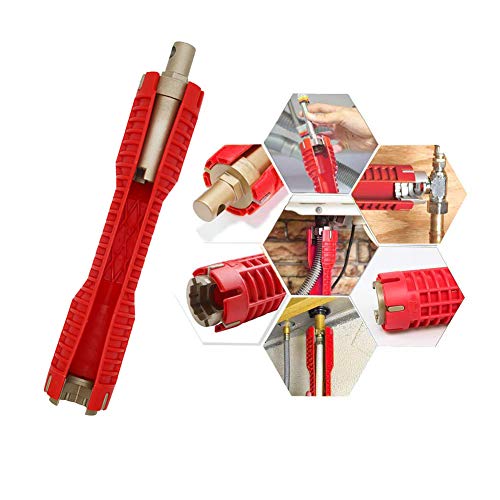




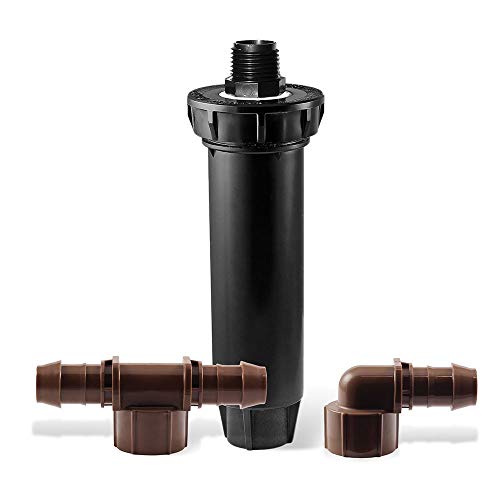






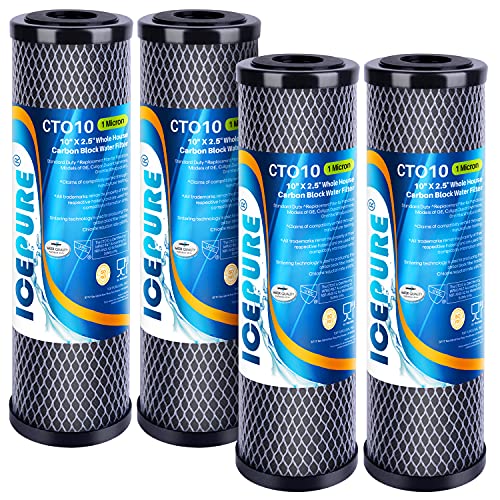









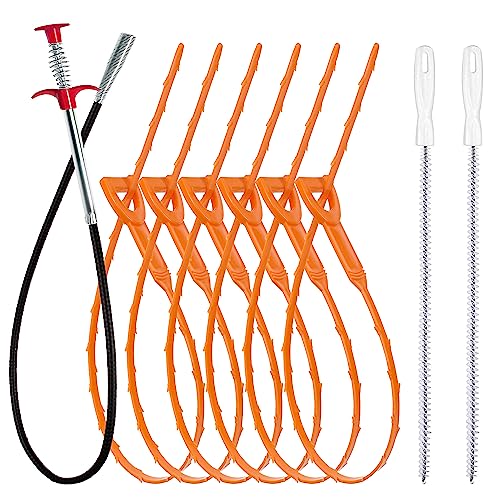







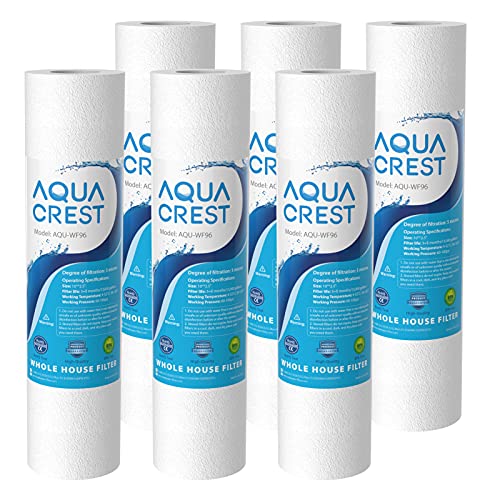
![MEISTERFAKTUR drain snake 2.0 [50 FT] - with drill attachment - Ideal plumbing snake for sink and drain unblocking - Solid drain auger for real DYIs! (50 FT - 1/4 inch)](https://m.media-amazon.com/images/I/41VwmTiOsgL._SL500_.jpg)



